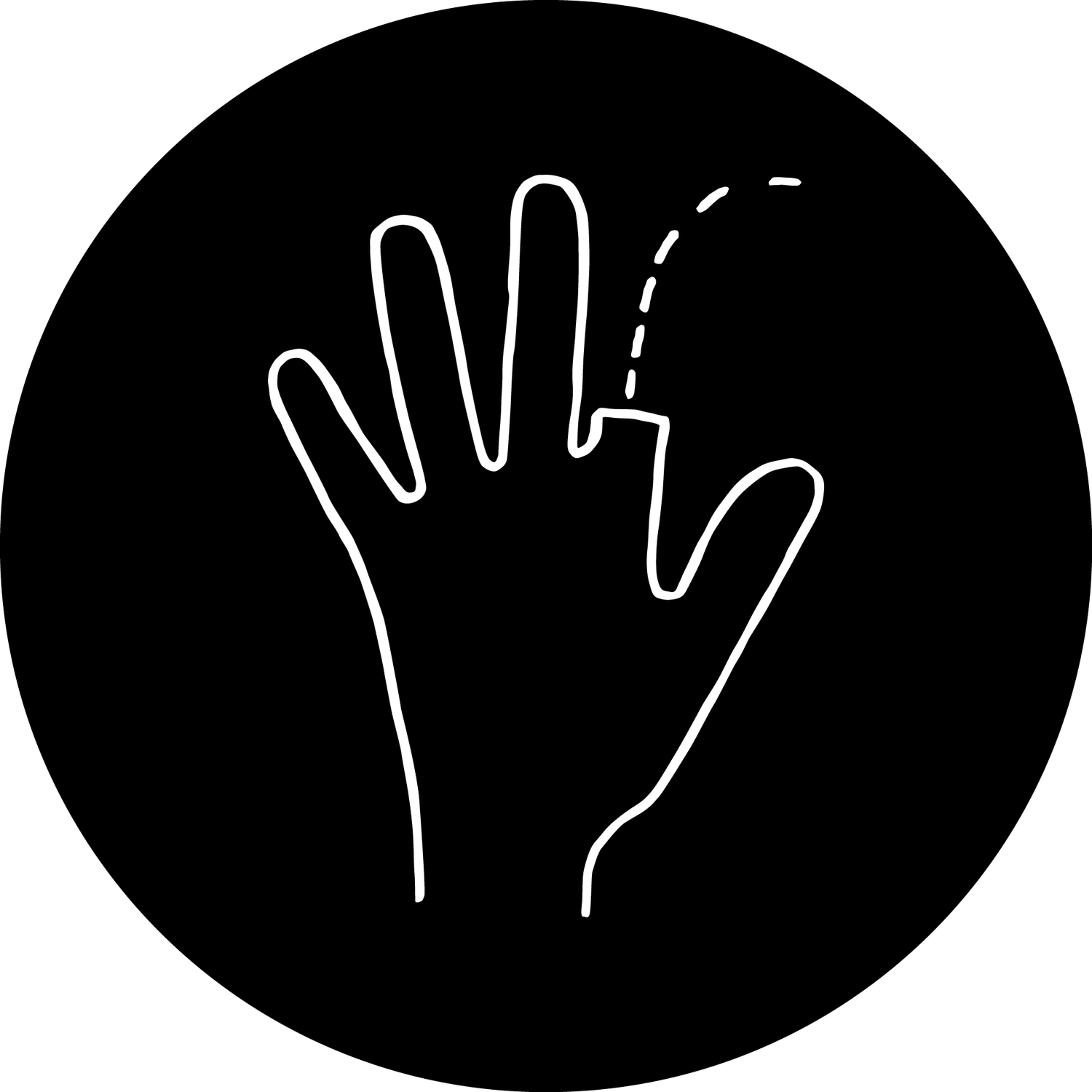Dancing on Borrowed Ground
Chloe Cooper | Dylan Miner | Contrapoints | Elizabeth Haines | William Raban
19th August – 16th September 2017
9th September | Belfast Anarchist Bookfair
Dancing on Borrowed Ground reclaims a little bit of land for those who seek to resist the dogma and dictats of hegemonic orders. It asserts a love of plurality and disavowal of the hubristic cruelty of normative non-think, seeking freedom in solidarity and respect. The exhibition celebrates a bridging of the theoretical divide between self-creation and communal harmony by producing a site for radical discourse and contemplation. Artists Chloe Cooper, Dylan Miner, Contrapoints, William Raban and Elizabeth Haines undermine authority and agitate for alternative becomings. Their work – performative, documentary, academic and activist – illuminating contemporary political practice and rendering the world anew by fostering unity through dialogue and spurring on transformation through positive action. Catalyst Arts will also host the 10th Belfast Anarchist Bookfair, organised by the Just Books Solidarity Centre, encouraging visitors to cast off the pernicious shackles of repressive regimes by liberating their critical consciousness in this celebratory gathering of activists.
Chloe Cooper is an artist whose performative interrogations of sexuality, imagery and politics bring an infectious critical curiosity to bear on the world by asking us to consider our actions and how we relate to others. She co-leads a sex re-education research project called Bedfellows with Phoebe Davies and Jenny Moore and works with groups of people to respond to what the hell is going on.
Dylan A.T. Miner is a Wiisaakodewinini (Métis) artist, activist, and scholar. He is currently Director of American Indian and Indigenous Studies and Associate Professor in the Residential College in the Arts and Humanities at Michigan State University. Miner is also adjunct curator of Indigenous art at the MSU Museum and a founding member of the Justseeds artists collective. He has published approximately sixty journal articles, book chapters, critical essays, and encyclopedia entries. In 2010, he was awarded an Artist Leadership Fellowship through the National Museum of the American Indian (Smithsonian Institution). He has worked with institutions including School of the Art Institute of Chicago, École supérieure des beaux-arts in Nantes, Klondike Institute of Art and Culture, Rabbit Island and the Santa Fe Art Institute. His book Creating Aztlán: Chicano Art, Indigenous Sovereignty, and Lowriding Across Turtle Island was published in 2014 by the University of Arizona Press. Miner is currently completing a book on Indigenous Aesthetics: Art, Activism, Autonomy
Elizabeth Haines is a researcher based at the University of Bristol and the Science Museum. Her interests focus on the ways in which technologies (from plant breeding techniques, to hand-drawn maps) produce patterns in our experiences and behaviours. In collaboration with Catalyst Arts and Just Books, she will be exploring the Just Books library as a monument to the time clawed back from daily life and re-invested in an anarchist future.
William Raban is an artist filmmaker who has exhibited worldwide in both art and film contexts. Initially known for his landscape and expanded cinema films of the 1970s, Raban’s landscape interests, were framed in the 80s towards a more historical and socio-political context: the history of London and the Thames. Reminiscent of Humphrey Jennings’ wartime films, Raban’s films from the 90s onwards look at the island of Britain and its people, in the context of the global economy and the effects of urban change. He is currently Professor of Film at the London College of Communication (University of the Arts London).
Contrapoints. Imagine the political situation that would arise in a world where journalists and academics were given no more credence than the loudest person in the pub, and you’ll have some insight into the strange universe of YouTube political punditry. New media have radically democratized the distribution of information, but at the expense of traditional media gatekeeping and consensus. This new chaos opens up some frightening possibilities; for instance, isolated people with racist and authoritarian views can now unite in an online community and acquire confidence and strength in numbers. Contrapoints’ videos are an effort to cope with this situation, to confront the mouthpieces of the “alt-right” – the loose association of trolls and pundits who cloak far-right ideology in irony and memes. She appropriates some of their own strategies – playfulness, irony, the false pretense that politics is “just a joke” – to create an opposing social justice narrative, while also steering away from the sanctimony that sometimes impedes activist rhetoric.











